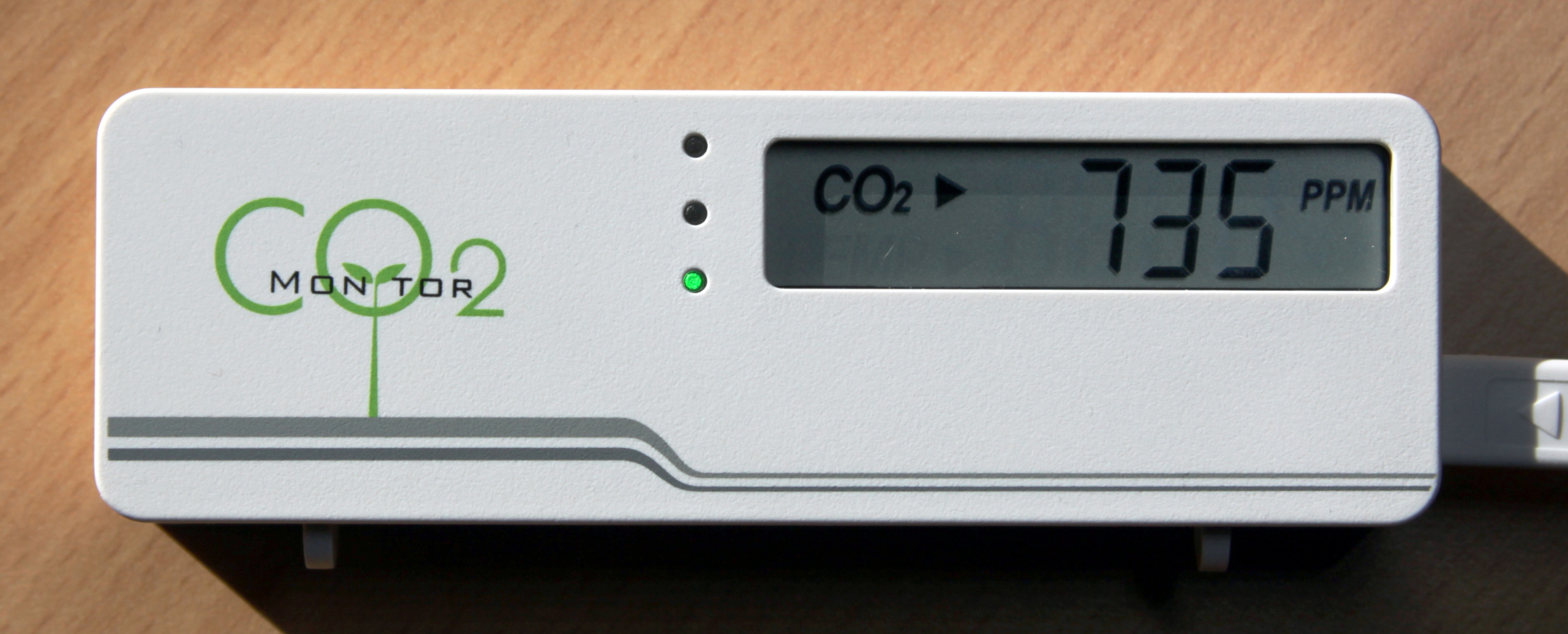
School air monitoring: A win for public health
Air quality monitors in classrooms can make schools safer and demonstrate effectiveness of HVAC investments.
Few things are more important than keeping kids safe and healthy. Working together, we can protect them from hidden dangers, toxic threats and unsafe products and practices.
We all work hard to make sure the young ones in our lives and communities can grow up happy and healthy. In many ways the world is safer than it has ever been for kids — but there are still way too many avoidable risks and hidden dangers that kids face every day. Together, we can better alert parents and communities about threats to kids’ health; we can ensure everyone has access to resources that will help them keep their families safe; and we can work together around commonsense solutions.
Air quality monitors in classrooms can make schools safer and demonstrate effectiveness of HVAC investments.
With research indicating that most states are failing to protect children from lead in schools’ drinking water, we need policies that are strong enough to “get the lead out” at schools and preschools.
The Consumer Product Safety Commission (CPSC) on Tuesday took an unusual step to warn the public about infant rockers that haven’t been recalled.
After decades of danger and more than 200 infant deaths, President Joe Biden signed the Safe Sleep for Babies Act into law on Monday.
The law will designate inclined sleepers and crib bumpers as hazardous and ban them under the Consumer Product Safety Act.
Lead contamination of school drinking water is more pervasive than previously thought, according to testing data from across the nation published on Thursday by Environment America Research & Policy Center and U.S. PIRG Education Fund on a new interactive map. The groups urged public officials to take swift action to “get the lead out” of schools’ drinking water.
More than 130 medical professionals organized by the U.S. PIRG Education Fund sent a letter to McDonald’s Thursday urging the company to meet its 2018 commitment to reduce antibiotic use in its beef supply chain. The coalition delivered the letter at the start of World Antibiotic Awareness Week to stress the urgency of taking action to stop overusing our life-saving medicines in agriculture. Otherwise, the drugs may no longer heal sick people.
Consumer Watchdog, PIRG